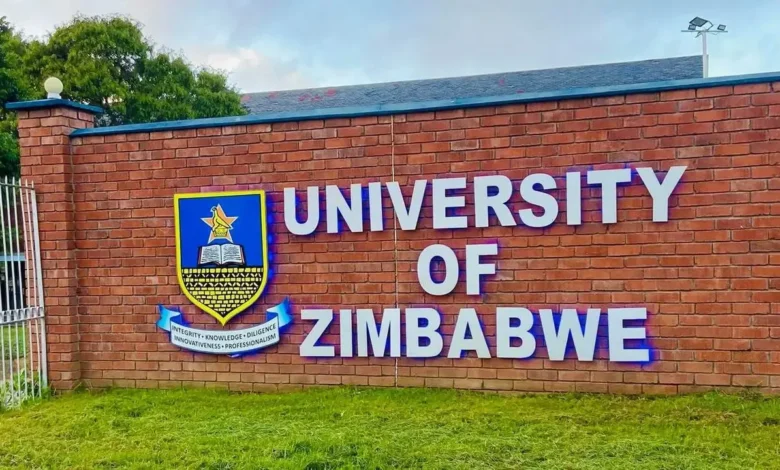
Lecturers at the University of Zimbabwe (UZ) have escalated their strike action, halting teaching activities in protest over their monthly salaries of just US$230. The educators, including professors, have expressed strong discontent, labeling their pay as a “clear heist robbery” of their expected earnings. In addition to ceasing to teach, the lecturers have also informed students that they will not be marking examinations during the ongoing industrial action.
This move follows a series of protests last week, where police reportedly broke up picket lines and arrested three union leaders. The Association of University Teachers (AUT), the union representing the lecturers, responded by obtaining a High Court order barring police interference with their peaceful demonstrations.
The union issued an official notice to the police, announcing picketing events scheduled for Thursday, April 24, and Friday, April 25, from 9 AM to 2 PM at the university’s Churchill Avenue and Mount Pleasant main entrances. During these protests, no teaching is expected to occur as lecturers continue their efforts to address their financial struggles.
The lecturers are demanding a significant salary increase, with junior lecturers seeking a minimum of US$2,500 per month. This amount is in line with the salary they earned before October 2018, when their pay was drastically reduced to the current US$230.
The drastic reduction in salaries has drawn widespread condemnation. Many argue that the current pay scale is unacceptable, especially considering that it represents a significant drop from the amount that was previously paid to lecturers. The lecturers maintain that this is a form of exploitation, and they are calling for an immediate restoration of their previous salary levels.
Union representatives have highlighted the disparity between the lecturers’ pay and the benefits allegedly enjoyed by university administrators. It is claimed that while lecturers’ salaries have been drastically reduced, administrators are reportedly benefiting from privileges such as expensive vehicles. Despite submitting numerous requests for dialogue, the administration has reportedly been largely unresponsive to the lecturers’ grievances.
The ongoing strike and protests have also drawn attention from various political figures, who have criticized the government’s handling of public sector wages. There is a growing sense that the wages paid to university lecturers are far below what is required to sustain a decent standard of living, particularly when compared to the alleged corruption and mismanagement of public funds.
The lecturers’ strike continues to highlight the broader issues within Zimbabwe’s public sector, particularly in education. As the dispute escalates, it remains to be seen how the government and university administrators will respond to the lecturers’ demands for fair compensation. The outcome of this industrial action will have significant implications for the future of higher education in Zimbabwe, especially as the country faces ongoing economic challenges.




